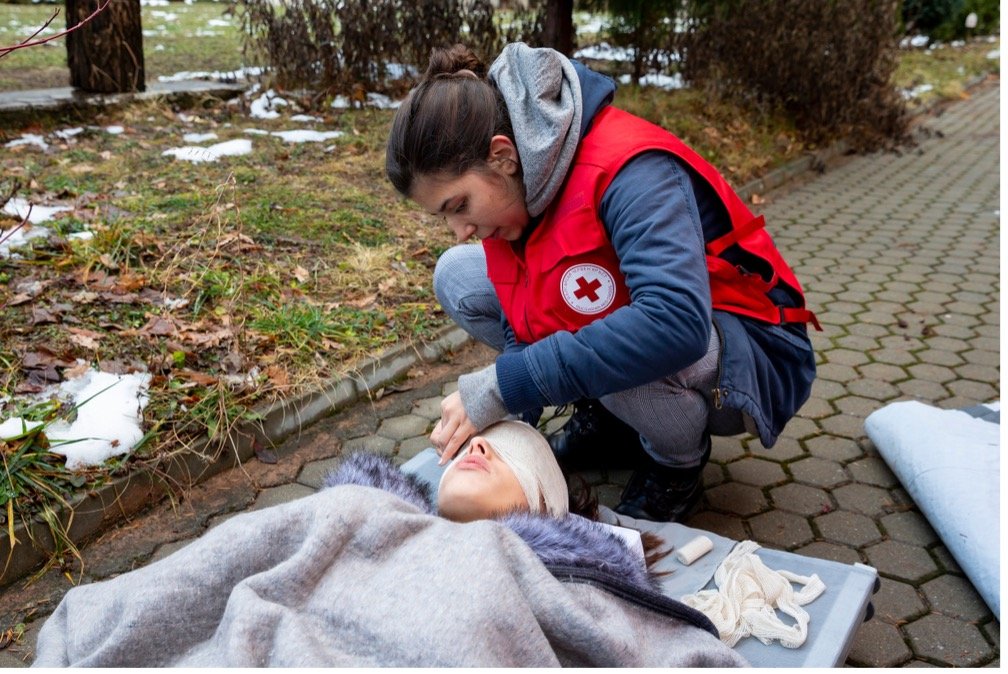
Critical Incidents
Disaster Relief Organizations
Non-governmental organizations (NGOs), distinct from government entities and traditional for-profit businesses, encompass a diverse array of groups involved in various activities globally. Many, like the American Red Cross and the Salvation Army, play a crucial role in disaster recovery. Often, NGO workers are deeply involved in these efforts and may not immediately recognize the emotional toll caused by the distressing situations and imagery typical of disaster environments.
NGOs may face a range of critical incidents, including:
Unexpected death of a member
Anticipated death of a member
Serious injury to a colleague
Severe illness of a team member
Witnessing a particularly disturbing event
Suicide of a team member
Murder/suicide involving a current or former member
Assault on one or more members
Direct threats of violence towards oneself or colleagues, including family
Hostage situations involving members
Equipment failures causing death or injury (e.g., building collapses during rescue operations)
Robberies
Sexual assault or threats of such
Natural disasters (e.g., earthquakes, fires, floods)
Technological disasters (e.g., communication breakdowns, radiation leaks)
Decisions leading to death or serious injury of members
Decisions resulting in civilian casualties
Security breaches leading to injuries or fatalities
Incidents with intense sensory impact (e.g., exposure to strong smells like blood or gas)
A personal connection to victims
Identifying closely with victims
Victims resembling themselves or loved ones
Multiple traumatic events in a short span
Unsuccessful prolonged resuscitation efforts
Any situation impairing the functioning of one or more individuals
If there's uncertainty about exposure to a critical incident within your organization, it is recommended to seek a consultation to evaluate the incident and advise on an appropriate response.